


Happiness has been linked to better health, both in the individuals and communities. Research has shown that positive mood, optimism and humour are linked to better health and wellbeing - and sleeping well. A study in 2003 looked at the risk of developing colds and found the least happy people were almost 3 times more likely to develop a cold after exposure to the virus than those who were most happy. Other research has shown that happy people cope better with stress, and happiness may protect the heart by reducing blood pressure.
Whilst good health is shown to be common in happy people, changes in health can also have a negative impact on happiness, so it's important to try to maintain good health - eat well, exercise - the usual advice.
Being happy impacts on not just ourselves and our health but also on our neighbours, friends, family, colleagues and our whole community.

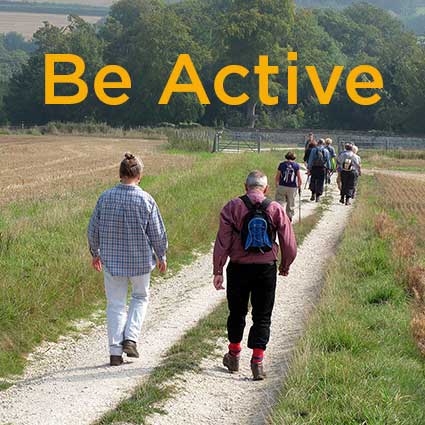
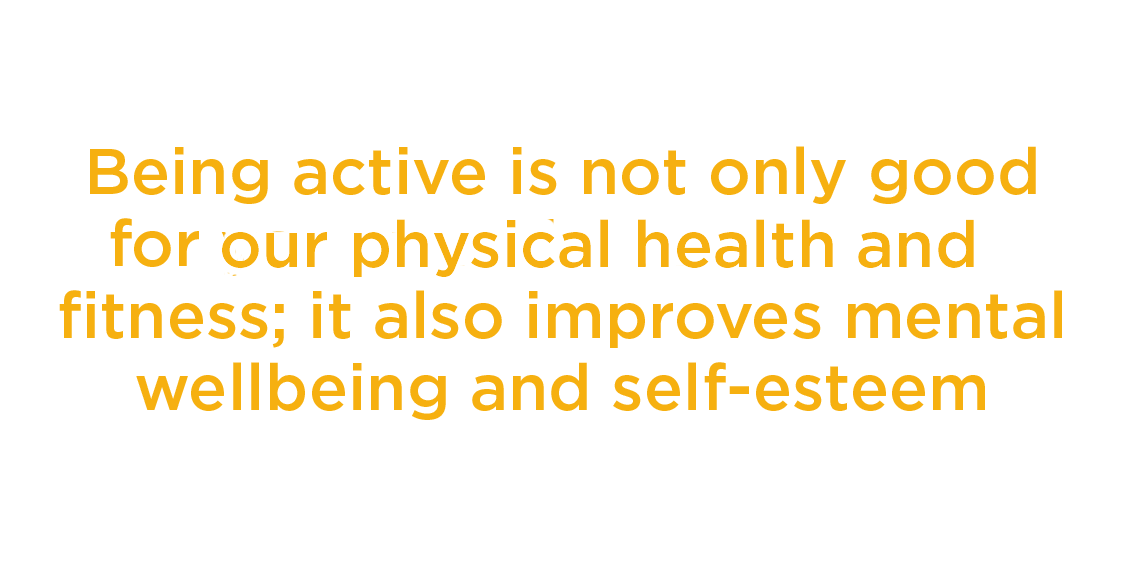
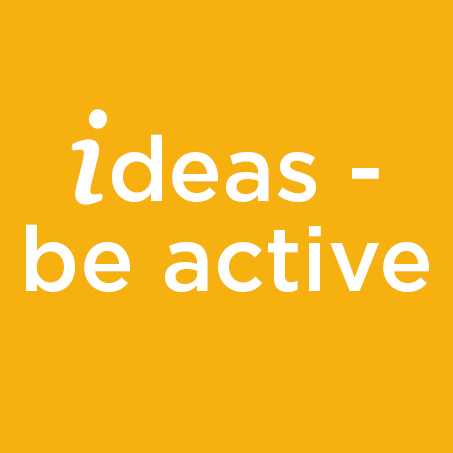
We aren't suggesting you start with the London Marathon here! Start slowly. If you don't know where to begin then walking is a great way to start and can be tailored to your ability, so you could just start with a short walk to a particular point and back and lengthen it gradually. But why do it alone? There are several walking groups based at The Balsam Centre, with one for absolute beginners.
There are also plenty of other opportunities to increase your fitness in Wincanton, where you can get fit with other people.
If you have a disability or long-term health condition, find out about getting active with a disability at Scope.

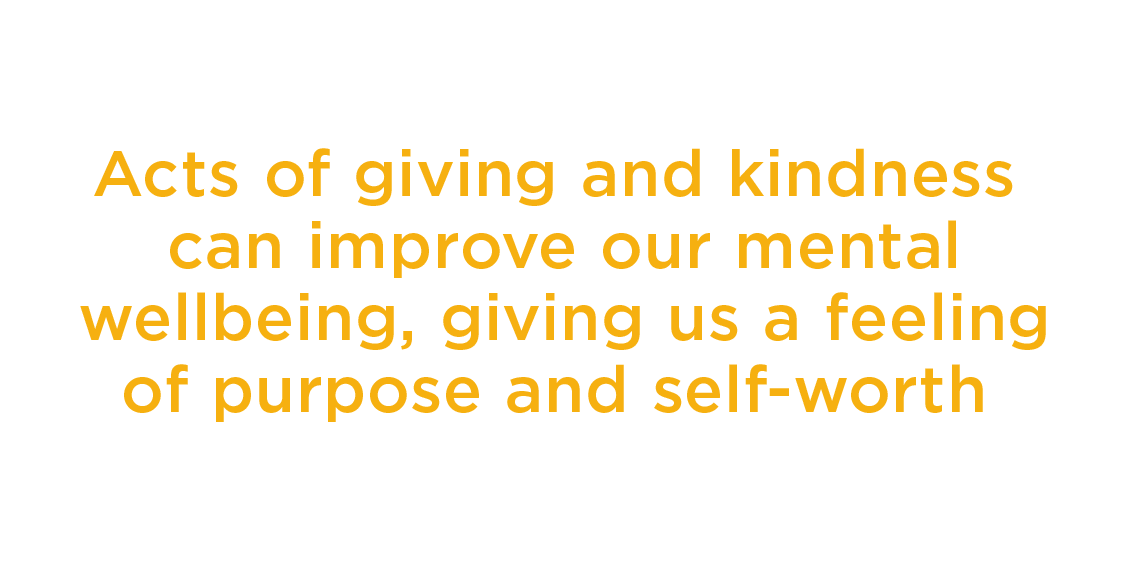
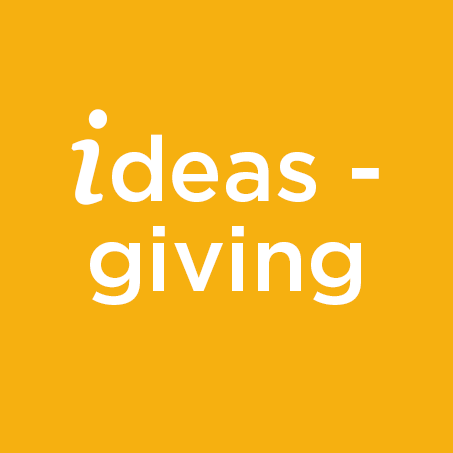
Research shows this to be true, that those acts of kindness really can make you happy and help you to connect with other people. It could be small acts of kindness towards other people, or larger ones like volunteering in your local community.

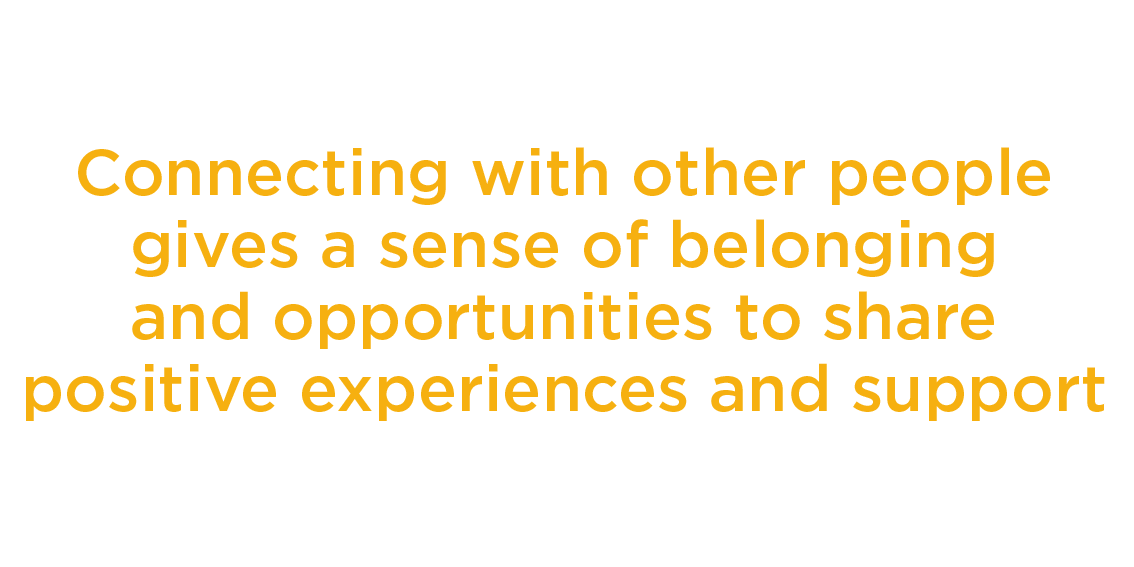

Good relationships are important - interacting with others makes you feel good. They provide opportunities to socialise and to support one another. Sometimes it means making more effort.
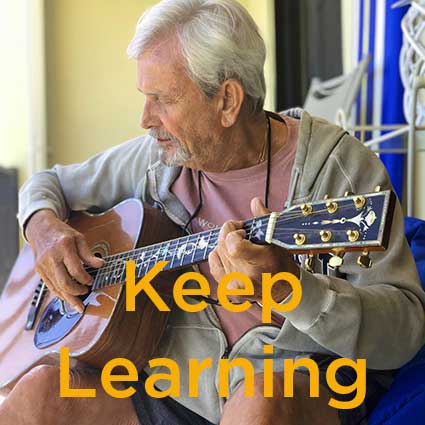
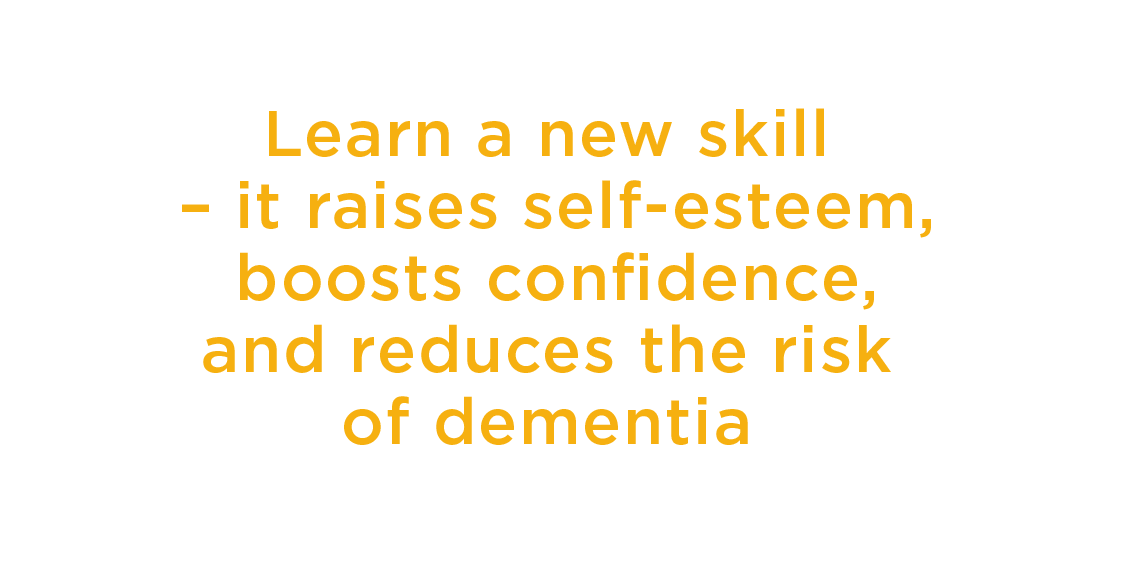
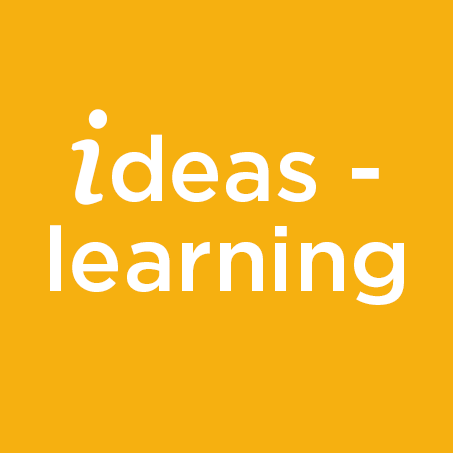
When you learn a new skill, your brain makes new connections, new pathways, and these can prevent or delay the onset of dementia. But learning something new is more than that; there are opportunities to meet and make new friends, and it can give you the confidence to try other things too. It doesn't have to be difficult or complicated - just different! Even if you feel like you don't have enough time, or you may not need to learn new things, there are lots of different ways to bring learning into your life.
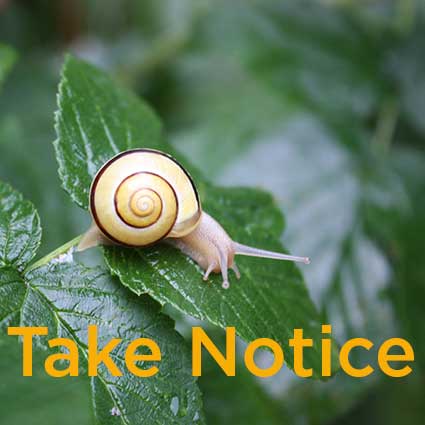
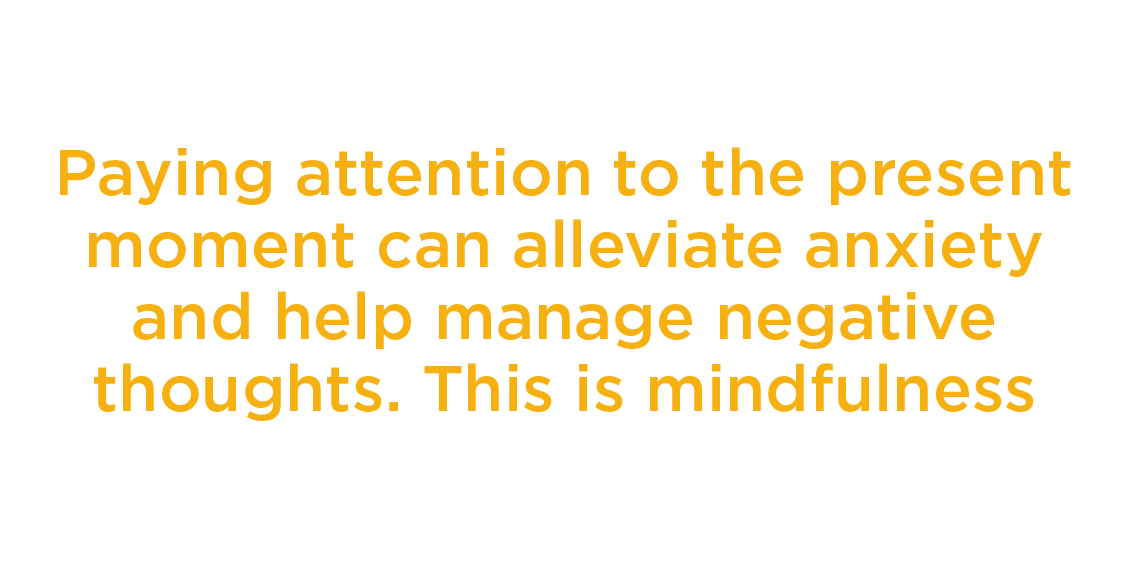

Focusing your mind on the present, on what you are doing in that particular moment, stops you your mind from wandering and fretting about things that might be making you anxious. This practice of concentrating is called Mindfulness.

The Quiet Spaces of Wincanton
Our lives are often hectic. It can be difficult, particularly for those of us who live in towns or have families, to find five minutes peace. But where can this be found? In Wincanton there are a number of quiet spaces that are available for you to just sit and be, to think or not, as you want. See the list below for locations, times available, etc.
The website Silent Space gives more information about the importance of quiet or silent spaces.
In August 2020 The Word community magazine published an article ‘The Quiet of Wincanton’ which you can read here.
Some of the Quiet Spaces in Wincanton

Links and information about other websites that might help.
Some local privately run initiatives that can support health & wellbeing: